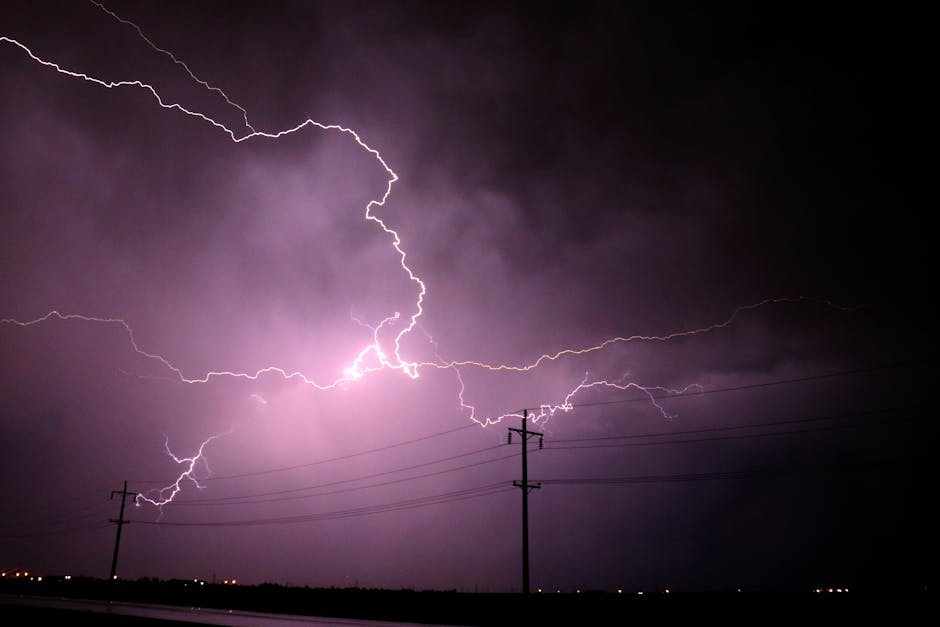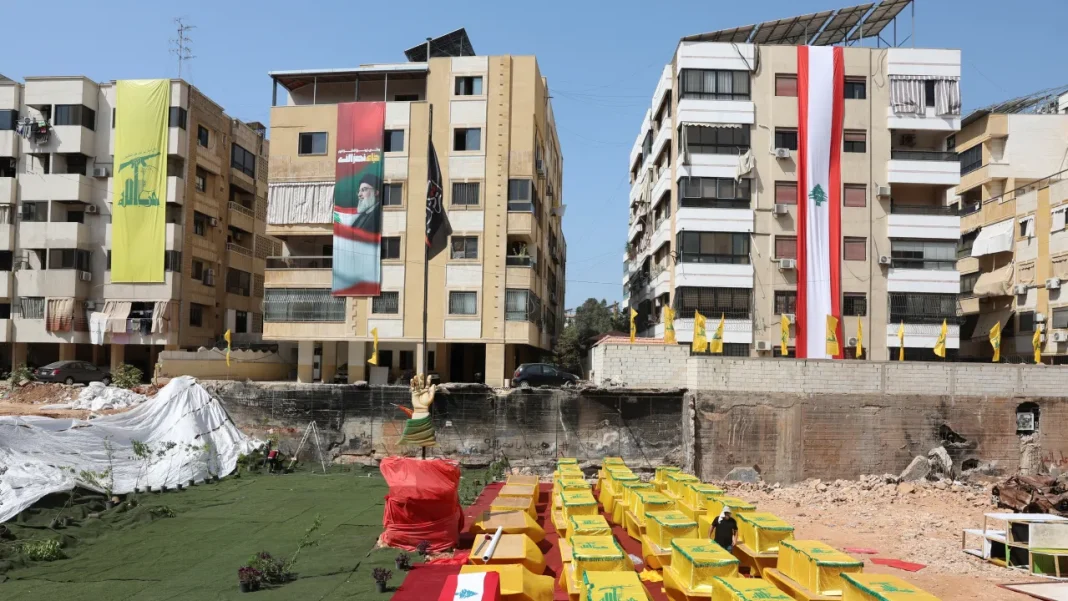The escalating tensions in Lebanon have sparked concerns among its citizens, arousing memories of past conflicts and prompting widespread calls for peace. The region’s unrest is causing anxiety, with many seeking solace through prayers and community solidarity.
Historical Context of Lebanese Conflict

Lebanon has a turbulent history marked by civil wars and regional conflicts. The Lebanese Civil War, lasting from 1975 to 1990, left scars that are still visible today. Political instability and external influences have often exacerbated the tensions within the country, making peace a fragile and elusive prospect.
The recent unrest in Lebanon has roots in a complicated mix of political, religious, and economic issues. Many citizens fear a return to turmoil reminiscent of the past, which has prompted a collective appeal for dialogue and reconciliation.
Current Tensions and Triggers

The latest wave of anxiety stems from both internal political strife and regional dynamics. Sectarian divisions, economic hardships, and political disagreements have combined to create a volatile situation. As the government struggles to enact reforms, protests have emerged as a significant outlet for public dissatisfaction.
Regional tensions, particularly involving neighboring countries, have further strained Lebanon’s stability. The country often finds itself caught in the crossfire of larger geopolitical struggles, complicating efforts to maintain peace and security.
Calls for Peace and International Response

In the face of looming conflict, religious and community leaders have been vocal in urging peaceful resolutions. Vigils and prayers for peace have become a common sight, reflecting a collective desire to avoid violence and promote harmony.
International organizations and foreign governments have also expressed concern, with calls for restraint and diplomatic engagement. Aid and support from these entities are critical in helping Lebanon navigate its current challenges and avert potential conflict.
The Role of Community and Hope for the Future

The Lebanese people have consistently demonstrated resilience in the past, rallying together in times of adversity. Community initiatives and grassroots movements are pivotal in fostering a sense of unity and purpose amid the uncertainty.
Signs of hope emerge as various sectors of society collaborate on peacebuilding efforts. Education, dialogue, and cultural exchange programs are seen as vital tools in bridging divides and building a more stable future.
The situation in Lebanon remains delicate, but the determination of its people and the international community’s support could pave the way for renewed peace and stability.





